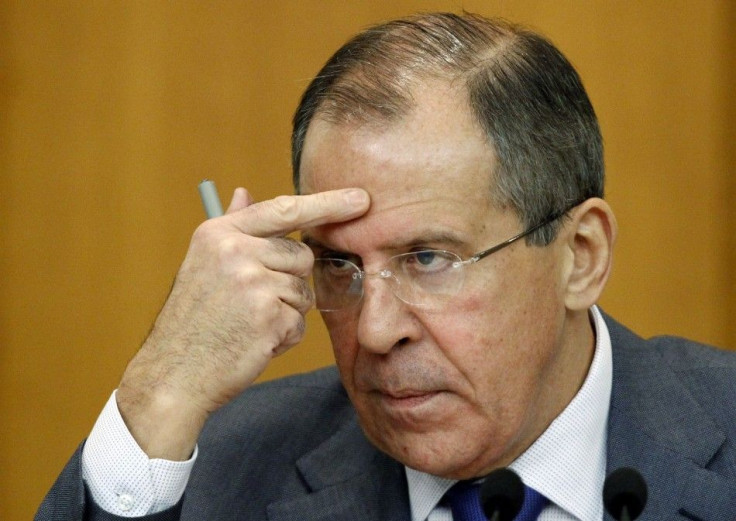Iran: Russia Warns West Attack Would be Catastrophic

As tensions between Iran and the west escalate over Tehran’s nascent nuclear weapons program, the Russian foreign minister has warned that any military attack upon Iran would be a “catastrophe.”
Sergei Lavrov also said such a measure would prompt large flows of refugees from Iran and would also fan the flames of sectarian conflicts across the Middle East.
As for the chances of this catastrophe happening, you would have to ask those constantly mentioning it as an option that remains on the table, Lavrov told reporters in Moscow, referring directly to Israel and the U.S.
I have no doubt in the fact that [an attack] will only add fuel to the fire of the still-simmering Sunni-Shiite conflict. And I do not know where the subsequent chain reaction will end. There will be large flows of refugees from Iran, including to Azerbaijan, and from Azerbaijan to Russia. This will not be a walk in the park.”
Lavrov also criticized moves by the West to tighten the economic screws on Iran.
Additional unilateral sanctions against Iran have nothing to do with a desire to ensure the regime's commitment to nuclear non-proliferation, he said.
It is seriously aimed at suffocating the Iranian economy and the well-being of its people, probably in the hope of inciting discontent.
Tehran's ambassador to Russia has said that he is confident of having Moscow’s support.
We expect Russia not to agree to a deal with the West, Iranian Ambassador Mahmoud Reza Sajjadi told the Interfax news agency.
If there are [non-Western] countries that want to see Iran become a victim of the West, they must understand that the West will get to them too. We hope that the Russian government and the Russian people will take note of this. Speculation has centered upon what Israel will do in the face of Iran’s relentless vow to maintain its atomic program. However, Ehud Barak, The defense minister of the Jewish State, assured that his country is a long way from even contemplating an attack on Iran.
Regarding Washington’s anxieties over Israel’s strategy on Iran, Barak also told Israel radio: I don't think our ties with the United States are such that they have no idea what we are talking about, he said.
Iran has already blamed Israel (and, by extension, the U.S.) of plotting the assassination of a top Iranian nuclear scientist Mostafa Ahmadi-Roshan in Tehran last week.
Separately, Iran's foreign minister Ali Akbar Salehi told reporters in Turkey that negotiations with western powers regarding Tehran’s nuclear ambitions would most probably take place in Istanbul.
However, British officials denied Salehi’s assertion that any dates or locales for such talks have yet been established. The UK Foreign Office also stated that Iran has yet to demonstrate clearly that it is willing to respond to [EU foreign policy chief] Baroness Ashton's letter and negotiate without preconditions. Until [Teheran] does so, the international community will only increase pressure on it through further peaceful and legitimate sanctions.
Iran, reeling from ever-tightening economic sanctions by Europe and The United States, has also threatened to block off the Strait of Hormuz – an act that would severely cut off crude oil shipments to the advanced nations of the earth and likely set off another global economic recession.
© Copyright IBTimes 2025. All rights reserved.





















